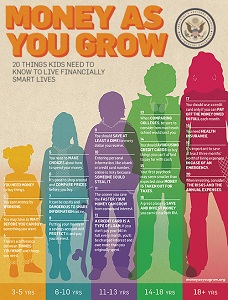The best stock screener allows investors to quickly filter through thousands of stocks using their own unique criteria. It could be something as simple as a P/E ratio or dividend yield range. But most stock screens use several variables just to find that perfect stock for your portfolio. When you know what you’re looking for, the right stock screener will cut your research time from hours to seconds.
Back in the olden days (the early 90’s), the average investor had to pore over volumes of Standard and Poors. It could take hours or even days to find a stock that met your standards. Then the internet came along and knocked the time down to nanoseconds. You could spend a few minutes entering your search criteria and a second later it would spit out a list of stocks. If the list was too big, you just refined your search or added new variables.
Since then, tech changes have allowed for more complex stock screens. Continue Reading…
 Call it Taxmageddon, a fiscal cliff or just a nightmare, the impending 2013 tax rates increase could turn out to be a disaster for taxpayers. As it stands, there are several tax cuts set to expire at the end of this year. All of which could impact your income and the economy.
Call it Taxmageddon, a fiscal cliff or just a nightmare, the impending 2013 tax rates increase could turn out to be a disaster for taxpayers. As it stands, there are several tax cuts set to expire at the end of this year. All of which could impact your income and the economy. The prepaid debit cards market continues to grow.
The prepaid debit cards market continues to grow. A new financial literacy campaign was recently released by the White House that covers a financial education plan for children. The best part, it starts at home.
A new financial literacy campaign was recently released by the White House that covers a financial education plan for children. The best part, it starts at home.